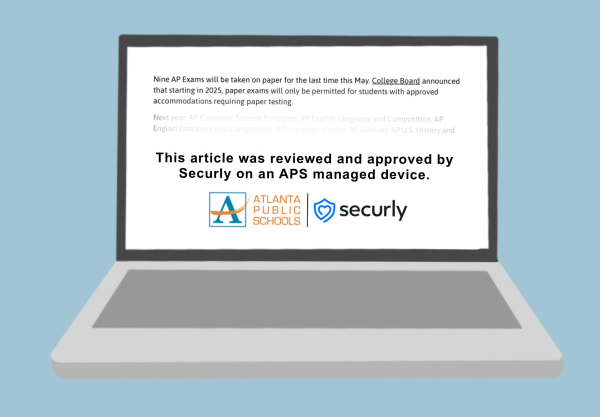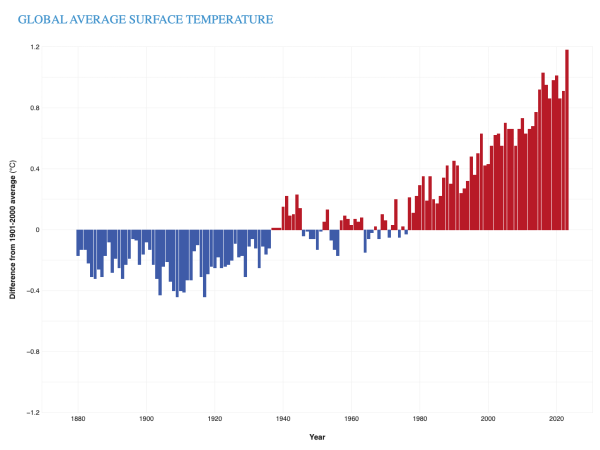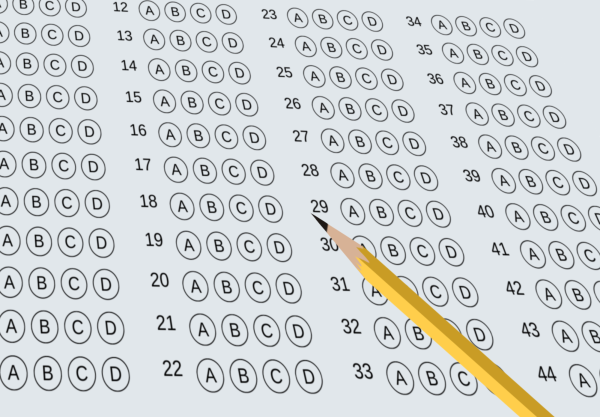State of Georgia continues to neglect environment
The state of Georgia cares more about high school football than the environment. That shouldn’t come as a shock to a lot of people, because Georgia has a reputation for adopting anti-environmental policies and rejecting the idea that humans cause climate change. The very mention of the fabled ‘climate change’ will probably land me a top-ten spot on a conservative hit list. But don’t worry, in the words of saint and savior Sonny Perdue, “The jury is still out on whether humans are causing climate change.”
Most of the state legislation in recent years has been regressive, adopting few policies that have positively impacted the preservation of the environment. A recent story in the news exemplifies how regressive the state really is: Tybee Island recently attempted to hold a vote to ban plastic bags on the island. This is by no means a huge step in environmental progressivism, but in Georgia it’s equivalent to curing climate change (oops, there it is again). It was looking as if the vote was going to take place and the island officials were going to score a win for Mother Nature, but, lo and behold, the vote was postponed because the representatives thought that the bill could be made more fair to everyone.
The proposal to ban plastic bags isn’t new to Georgia, though. In February of 2015, the state proposed Senate Bill 139, which would have prohibited the regulation of selling “auxiliary containers,” or plastic bags. Yeah, Georgia actually tried to place a ban on banning plastic bags. That is how much the state enjoys hurting good ‘ol Mother Nature. The fact that the state is so protective of their bird and fish strangling bags pains me because there are a plethora of alternatives that are eco-friendly, but because our Senate got offended when someone tried to take a stand for good, they nearly made it against the law to get rid of the plastic spawns of Satan.
Now, it would simply be daft of me to admit that the state has done nothing to help the environment. In 2017, Georgia was one of the leaders in the number of electric cars driven. The state has also recently adopted new guidelines to cut down on the amount of coal ash, ash created by burning coal in coal factories, in the state, and also revise the methods used to dispose of it.
But it’s not enough.
Next to the plastic bags, one of the largest problems facing the state long term is rising sea levels on the southeast coast. Climate change has been proven by university, state and national scientists to be causing an alarming rise in sea level, and predictive models show that the islands could be under water within a century. In response to these predictive models and warning signs, the Georgia Wildlife Agency issued a statement saying climate change is “a threat inherent with uncertainty.” That was their response to models predicting that part of the state will literally be under water; a vague statement about how climate change is a flawed theory.
Even though Georgia is failing to save the grasslands of our planet, Grady is making strides to preserve them as much as possible. The valiant efforts of the recycling club last year were the first steps towards making our school green that I’ve seen in the four years I’ve been here, and the Earth Club this year has been promoting environmental awareness and clearing our campus of trash. On top of the efforts of the two clubs, I think it could prove effective for Grady to suggest methods to the students on ways they can adjust their lifestyles to be more environmentally friendly. If we can continue to promote a green lifestyle around campus then, hopefully, those ways of living will stick with all of us.
There’s only so much a story can do, but I hope it does one thing: inspire environmental action. Write to a mayor, write to a governor, but most importantly, do what you can to help the environment yourself. While the Georgia senate and legislature are apt to avoid any sort of environmental change, that doesn’t mean we have to acquiesce.
I am a senior staffer for the Southerner, and specialize in writing commentary pieces. The Southerner gives me an opportunity to put my voice into...






